The Convention of States Project & Proposed Amendments to the Constitution of the United States of America
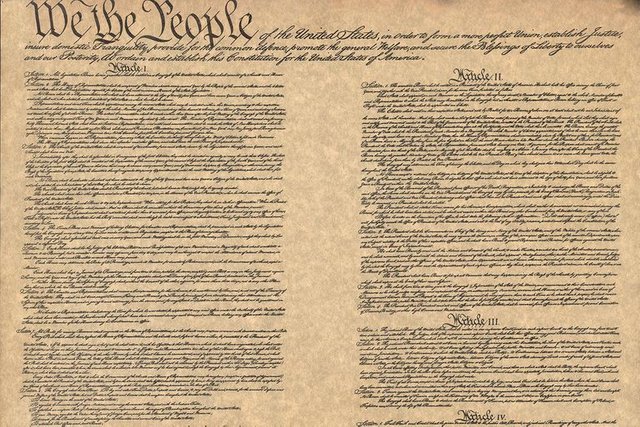
Have you received the Urban Legend of this Proposed Amendment to the United States Constitution:
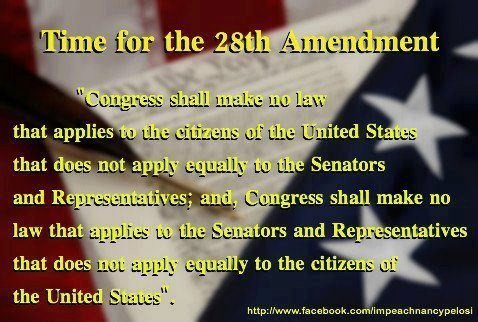
"Congress shall make no law that applies to the citizens of the United States that does not apply equally to the Senators and Representatives; and, Congress shall make no law that applies to the Senators and Representatives that does not apply equally to the citizens of the United States".
Once upon a time, members of Congress were exempt from many of the employment and civil rights regulations under which private businesses operate, but no longer, thanks to the Congressional Accountability Act of 1995. Section 201 includes prohibitions against discrimination based on race, color, religion, sex, or national origin, as well as sexual and other harassment in the workplace. Ever since the passage of the Congressional Accountability Act in 1995 Congress has been answerable to the same civil rights and equal employment regulations that pertain to private businesses. Further alleged disparities, such as those having to do with Congressional retirement provisions and health care coverage, are misrepresented. Learn more about the inaccuracies of the viral email at https://www.thoughtco.com/about-that-proposed-28th-amendment-3299418, but remember the likelihood of our elected representatives enacting legislation to limit their own privilege and influence is unlikely to occur again, but there are other ways!
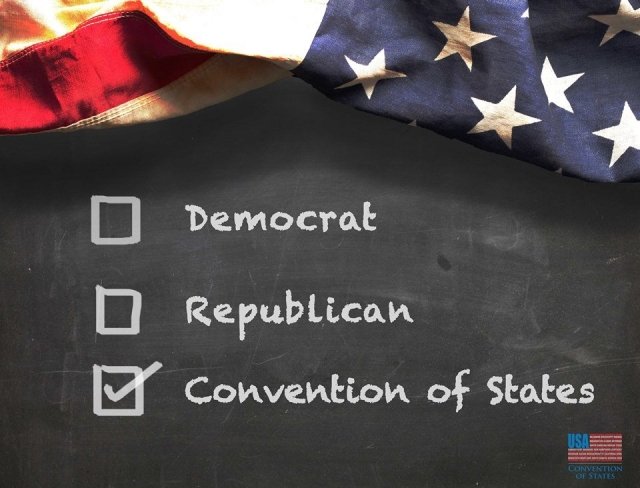
To become part of the Constitution, an amendment must be ratified by either:
A.) The legislatures of three-fourths (currently 38) of the states
OR
B.) State ratifying conventions in three-fourths (currently 38) of the states.
Once ratified, an amendment becomes law and an integral part of the Constitution. Thirty-three amendments to the United States Constitution have been proposed by the United States Congress and sent to the states for ratification. Twenty-seven amendments, having been ratified by the requisite number of states, are part of the Constitution.
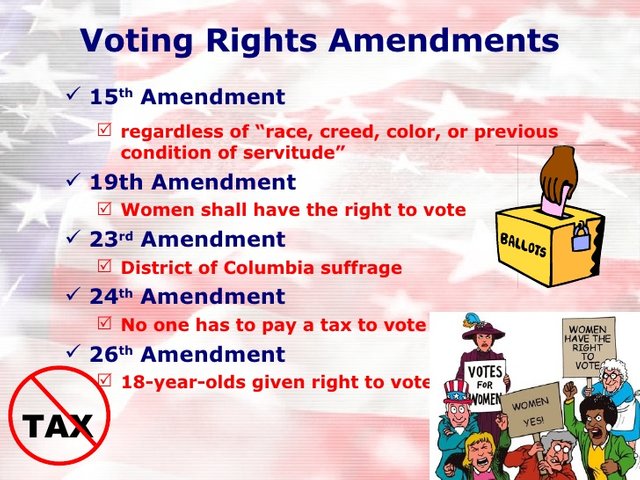
-The following are among the amendments adopted by Congress and sent to the states which have not been ratified by the required number of states to become a part of the Constitution of the United States of America.
CHILD LABOR AMENDMENT: Will empower the federal government to limit, regulate, and prohibit child labor. Pending since June 2, 1924. The Child Labor Amendment is a proposed and still-pending amendment to the United States Constitution that would specifically authorize Congress to regulate "labor of persons under eighteen years of age". The amendment was proposed following Supreme Court rulings in 1918 and 1922 that federal laws regulating and taxing goods produced by employees under the ages of 14 and 16 were unconstitutional. The majority of the state governments ratified the amendment by the mid-1930s; however, it has not been ratified by the requisite three-fourths of the states according to Article V of the Constitution.
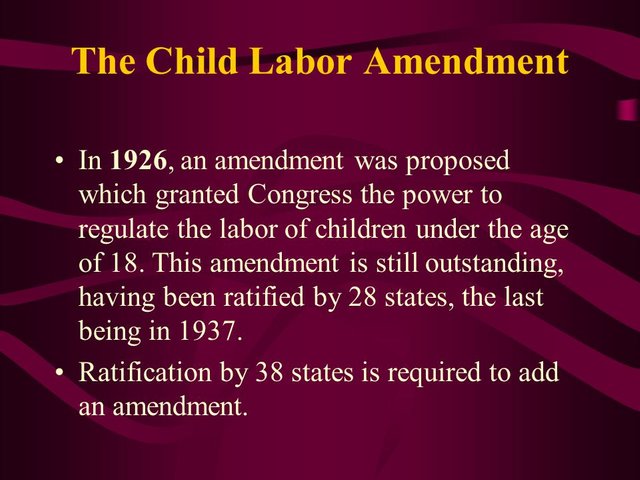
EQUAL RIGHTS AMENDMENT: Will prohibit deprivation of equality of rights by the federal or state governments on account of sex. The Equal Rights Amendment is a proposed amendment to the United States Constitution designed to guarantee equal legal rights for all American citizens regardless of sex; it seeks to end the legal distinctions between men and women in terms of divorce, property, employment, and other matters. The amendment was introduced in Congress for the first time in 1921 and has prompted conversations about the meaning of legal equality for women and men ever since.
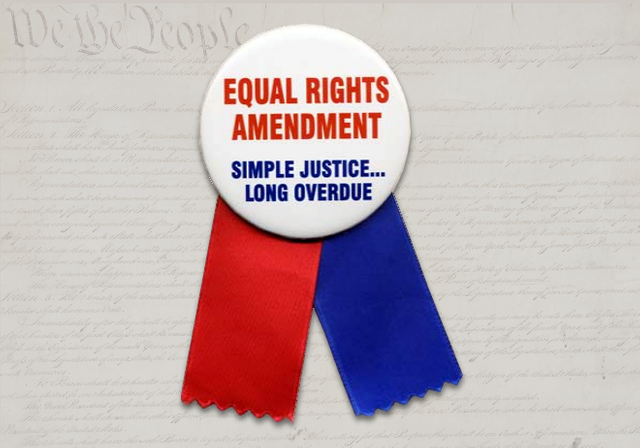
DISTRICT OF COLUMBIA VOTING RIGHTS AMENDMENT: Will treat the District of Columbia as if it were a state regarding representation in the United States Congress (including repealing the 23rd Amendment), representation in the Electoral College and participation in the process by which the Constitution is amended."
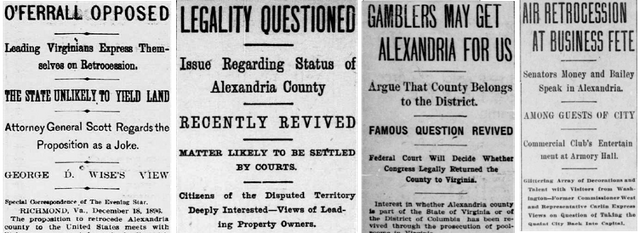
From the founding of the District under the Residence Act until the passage of the Organic Act of 1801, the citizens who were living in D.C. continued to vote for members of Congress in Maryland or Virginia. By the Pre-Civil War period in 1846 negotiating to protect the slave trade and the support of the confederate south, the area of 31 square miles which was ceded by Virginia was returned in an effort of political maneuvering. The Supreme Court of the United States has never issued a firm opinion on whether the retrocession of the Virginia portion of the District of Columbia was constitutional.

Support the creation of the District of Columbia as the 51st State and learn more about the history of the Washington D.C. and how the territory has been forever altered by slavery in our Steemit blog post at https://steemit.com/slavery/@designsthelimit/gerrymandering-the-district-of-columbia-didn-t-we-fight-a-revolution-against-taxation-without-representation
+%E2%80%93+(1870)+African+American+males.jpg)
We the people must act together to call for a convention to propose amendments and support the ratification of amendments which have already been proposed to preserve our tradition of representative democracy and give our nation a new direction. Founders made it very clear. Here is how it works and what rules will oversee the convention. Learn more about the Convention of States Project at https://conventionofstates.com and download your own copy of the Convention of States Pocket Guide here: https://conventionofstates.com/campaigns/pgsupporters
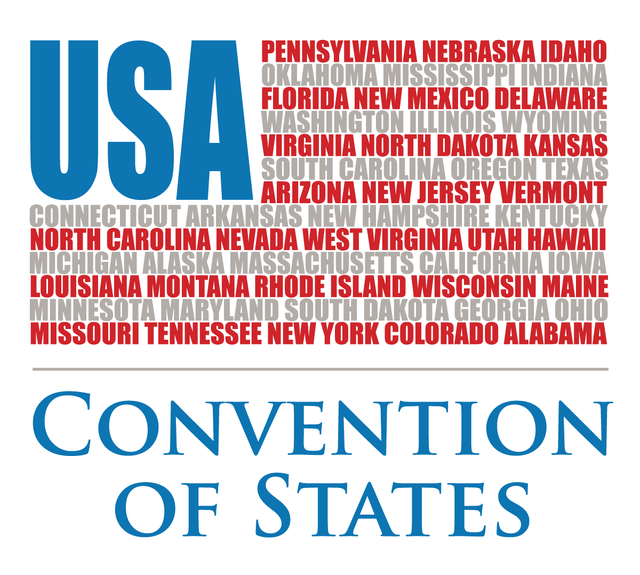
The identification of problems in Washington, D.C. explain why calling a Convention of States is the solution. The failure of Congress to enact additional amendments to the constitution is evidence of the failure of Congress as an institution to perform the responsibility of legislating which constitutes the reason for the legislature to exist. The failure of our elected officials to perform the duty of representation which is the elected representatives purpose for service is evidence of the need to urge our state legislatures to act or to proceed to form state ratifying conventions when the state fails to perform more admirably than their federal counterparts.

When money, power, and privilege become the meaning and the politicians represent themselves rather than their constituents and localities, the people must pursue the course of action which is our power, privilege, and responsibility in the absence of federal leadership. Let's make the ERA the 28th Amendment to the United States Constitution, but let's not stop there. We the People must rise to the challenge and hold a convention to address the larger issues which are nation faces. Learn more at: https://en.wikipedia.org/wiki/List_of_amendments_to_the_United_States_Constitution?fbclid=IwAR3KFP0bF8DGBf_ekvBjEncsQ-7a3sDO3JT2G5ky06Isog3U7g28q5Wq5_g

Almost 12,000 proposals to amend the Constitution have been introduced into Congress since 1789 and of these only 27 amendments have been ratified. Americans are becoming more conscious of the actions of our elected representatives and concerned about the direction of our initiative. Inspired by an inner desire to speak for those who may not speak for themselves and to add our voice to the voices of those who can.
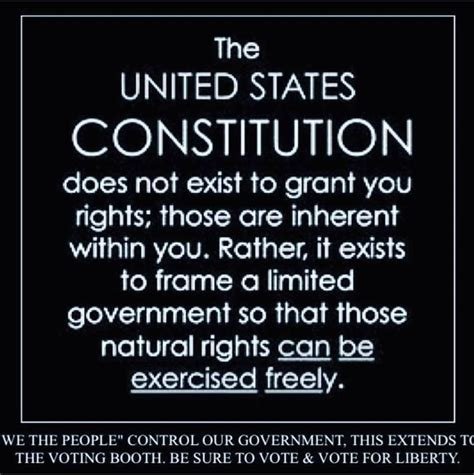
The Founding Fathers gave us Article V to ensure that the states could protect their freedom by proposing amendments to the U.S. Constitution that limit the power of the federal government -- without Congress’ approval. Because what governing body would ever vote to limit their own power? Show your support for the groups in our community who are fighting for political justice. Support individuals, community groups, organizations, and elected officials who wish to be a part of the solution and to guide our country towards sustainability and responsibility.

Learn more about the Virginia Retrocession and the effort to make the District of Columbia the 51st state on our blog at https://steemit.com/slavery/@designsthelimit/gerrymandering-the-district-of-columbia-didn-t-we-fight-a-revolution-against-taxation-without-representation
Congratulations @designsthelimit! You received a personal award!
Click here to view your Board